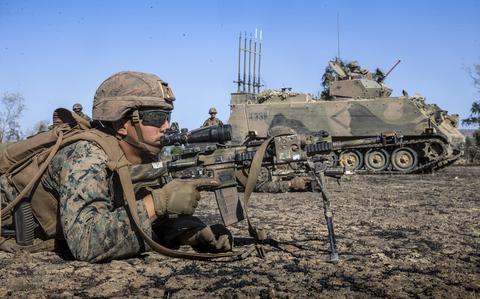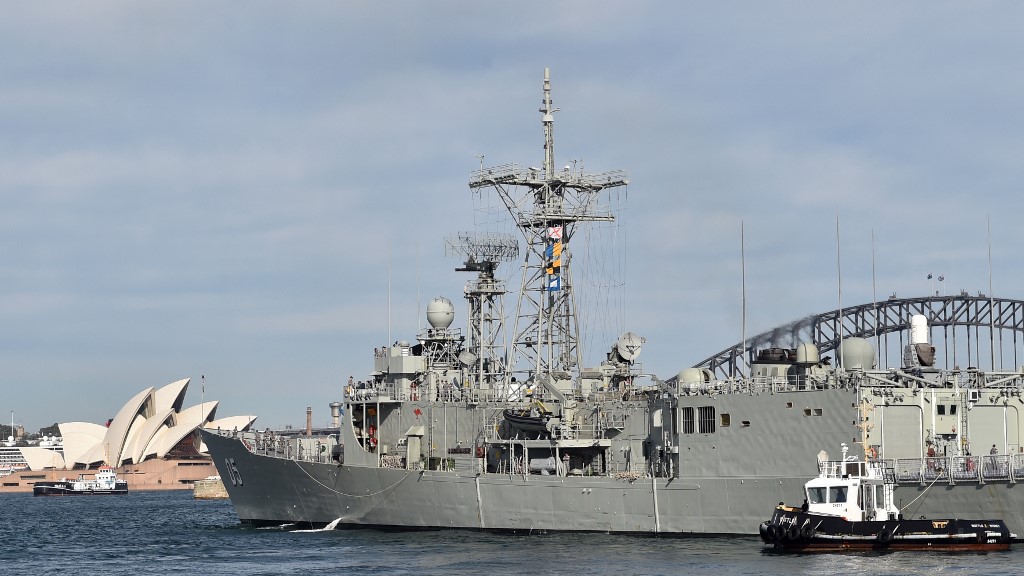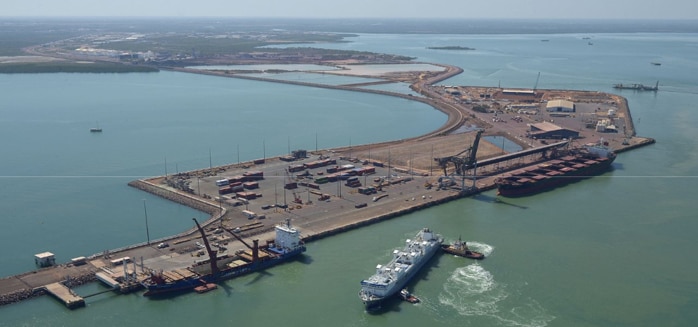
Under the 2011 agreement, marines will keep returning to Darwin each dry season for 25 years, ending in 2036. The USA Charges d'Affaires, said the deployments were "just a beginning rather than an end" of the US presence in Australia.

Under the 2011 agreement, marines will keep returning to Darwin each dry season for 25 years, ending in 2036. The USA Charges d'Affaires, said the deployments were "just a beginning rather than an end" of the US presence in Australia.

James Peddell, a former defence technology attaché in Washington with experience in submarine technology, said that a base in Australia could allow UK submarines with conventional weapons to have a permanent presence in the region, and also enable cost-sharing between the allies.

The U.S. Embassy in Canberra and the Australian Defence Department did not respond Friday to questions about the possible effect of the trilateral defense pact on the Marine rotations.

“I do have an aspiration to make sure that we can increase the numbers of troops through the rotations,” Dutton said.

John Coyne from the Australian Strategic Policy Institute said the 99-year lease of the Darwin Port to Landbridge could prove an impediment to the allies' military expansion plans.